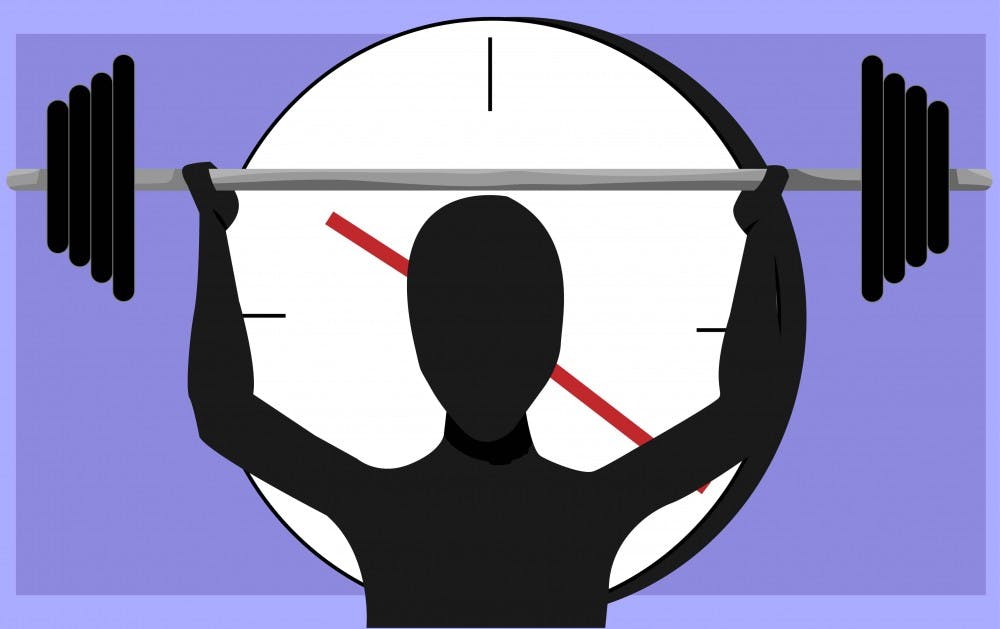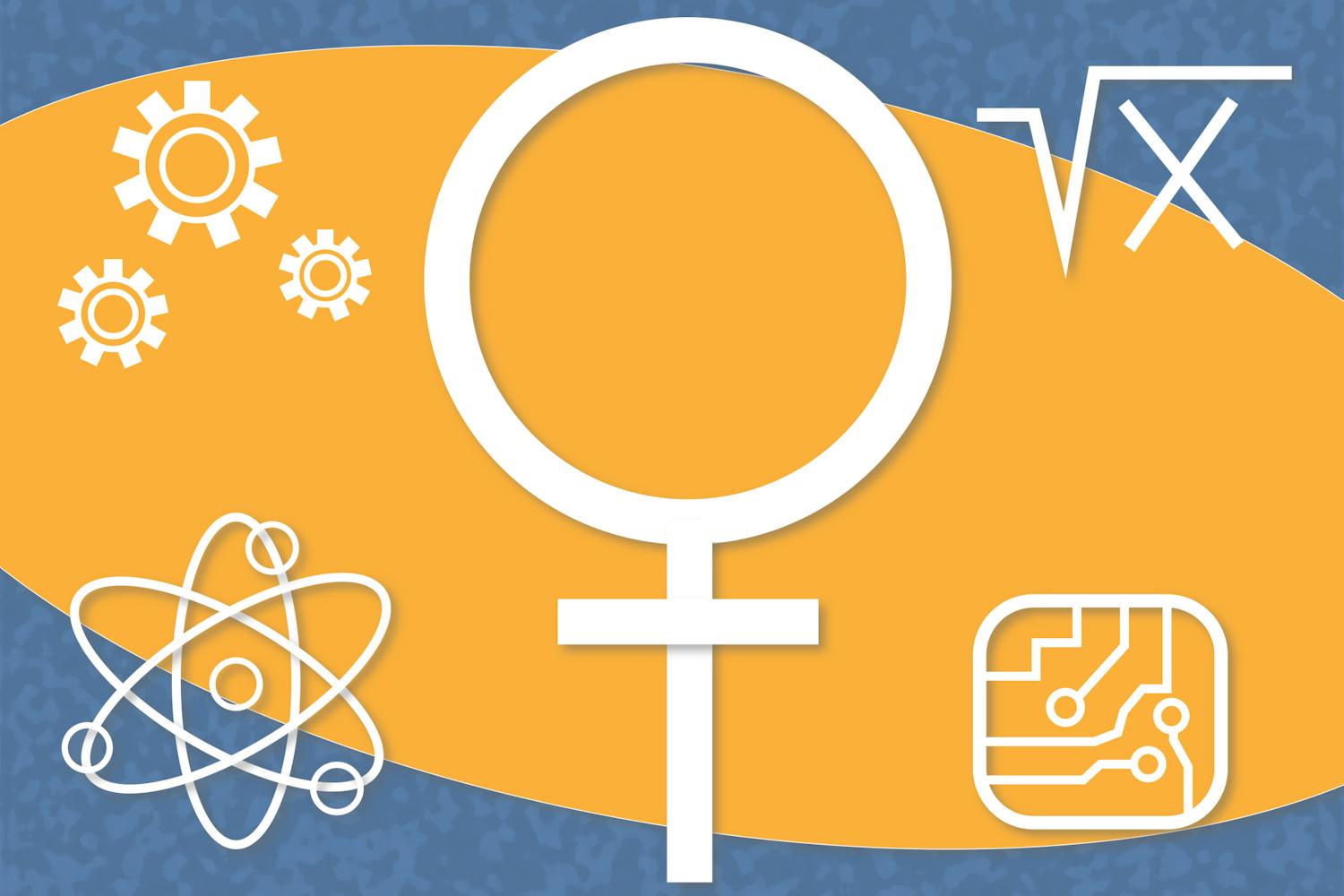In an effort to understand what makes people's schedules tick, an ASU professor and his co-authors conducted a study that highlights the effect that exercise has on one’s internal clock.
The study, recently published in the Journal of Physiology, showcased the relationship between exercise and circadian rhythm. The researchers found that exercise, along with melatonin and sunlight, contributes greatly to the human internal clock.
Shawn Youngstedt, a professor in the College of Nursing and Health Innovation and a co-author in the study, said that the findings have extremely useful day-to-day implications.
“As it is, most young adults have a delayed body clock,” Youngstedt said. “Something I think students particularly can use from the study is that it shows you don’t have to work out exclusively in the morning to advance the body clock, there are other times of day that will have the same effect.”
The study found that exercising at around 7 a.m. or between 1 to 4 p.m. advances the body clock while exercising between 7 to 10 p.m. delays the body clock. Exercising between 1 to 4 a.m. or at around 10 a.m. has no effect.
The study was conducted by examining exercise at various times of day with 101 participants split into women and men, including young adults and older adults.
Youngstedt said that there was no difference in internal body clock shifts between gender and sex.
Shannon Ringenbach, an associate professor in the College of Health Solutions, said that while exercise can impact the body clock, it has other benefits as well.
“I did a study involving FitBits and people with Down syndrome that found exercising actually helped people fall asleep faster than they would without exercise, and it was really surprising to a lot of the parents of the participants,” Ringenbach said. “They thought that once their kids went to bed they fell asleep right away, but the devices showed that without exercise, they were often awake for a few hours before they actually slept.”
Ringenbach, who exercises in the morning, said that both exercise and sleep are key aspects of general health and are often interconnected.
Youngstedt said that having a disrupted body clock is a common issue, particularly due to “social jet lag.” He also said that older adults often have body clock misalignment, perhaps due to eye problems and hospital settings having harsh, unnaturally shifting lighting.
He said that the blue light in cell phones can contribute to a disrupted body clock and impact sleep as well.
Case Smith, fitness supervisor for Sun Devil Fitness and a senior majoring in journalism, utilizes both exercise and a blue light blocker app to help regulate his body clock.
He said he saw a drastic improvement in his internal clock when he introduced the new behavior and a set daily schedule to his routine.
"An awareness of an individual’s internal clock is very important, not knowing when your body is best may not immediately harm you, but it may suck years off of your life," he said.
Reach the reporter at kreinha3@asu.edu and follow @ReinhartKatelyn on Twitter.
Like The State Press on Facebook and follow @statepress on Twitter.




